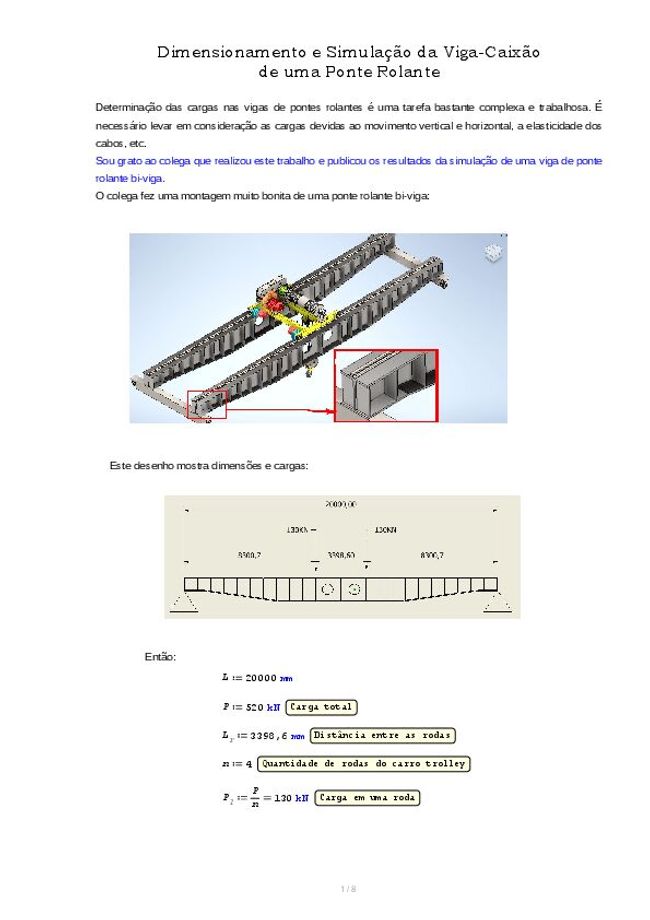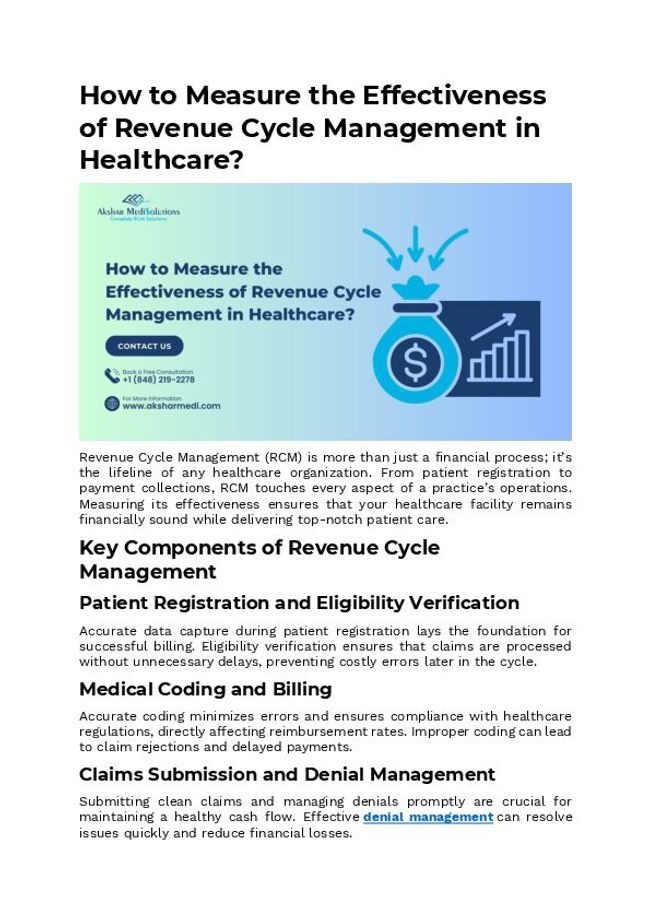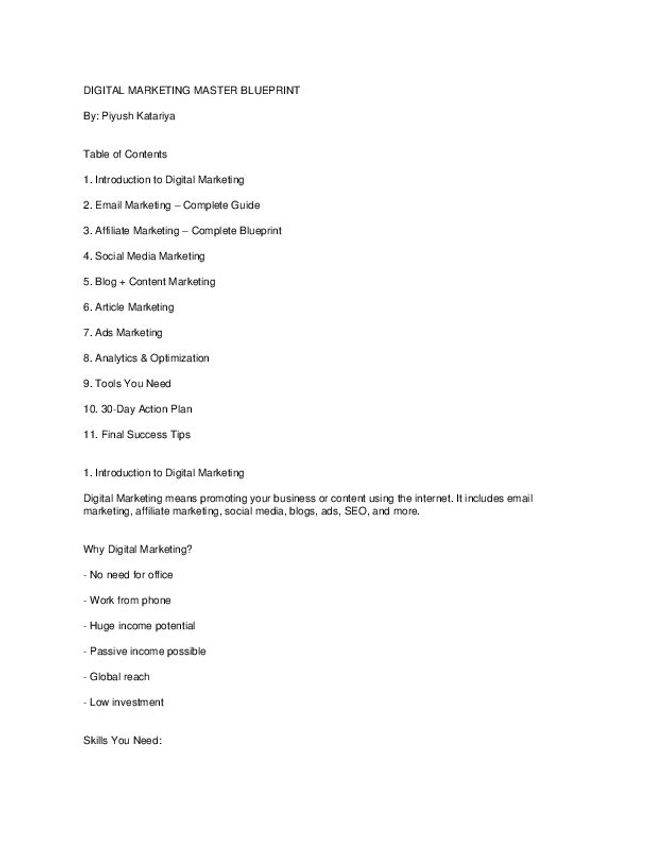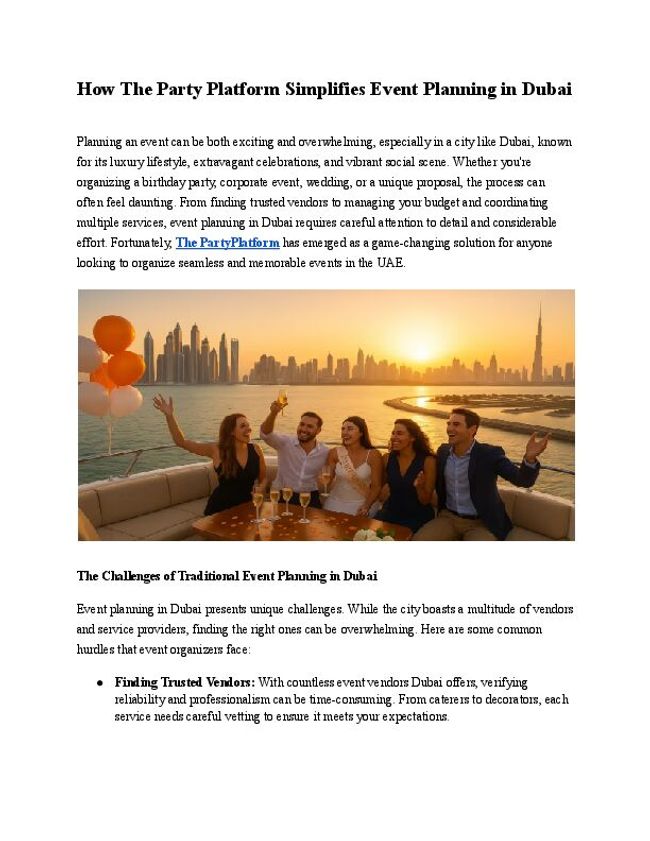Search results (253,227)
Dimensionamento e Simulação da Viga-Caixão
Viktor Kovtun
Feww
Dimensionamento e Simulação da Viga-Caixão

Dock Levellers.pdf
PC
DockTechnik offer a range of loading bay Dock Levellers. Our range includes Swing Lip Dock Levellers, Telescopic Lip Dock Levellers, Dock Leveller Repairs, Dock Leveller Service, Dock Leveller Sales and Design.

The Increasing Popularity Of Glass Containers
medtra
Its benefits to the environment, glass is also aesthetically appealing. It also does not react with the acid or alkali in any food items stored in glass containers. This makes it a healthier choice for storage of medicines and food items.

Latest 2023 ExamsEmpire 250-447 Exam Questions Answers Dumps PDF
Windows User
Excel in data management with the 250-447 Exam. Access comprehensive study materials, practice exams, and strategic tips for success. Elevate your career in data administration.

PrestaShop vs Shopify Compared. Which Is The Best For Your Online Store?
Cart2Cart
If you're getting ready to launch an online store and have doubts about what type of eCommerce software to choose, read on. Today we will compare two completely different platforms - a hosted and non-hosted one - PrestaShop vs Shopify. Both platforms have their strengths and weaknesses and can become the right-your-size business solution. Let's make a side-by-side comparison to help you decide between these two alternatives. Here you can migrate data to/from PrestaShop: https://www.shopping-cart-migration.com/prestashop-vs-shopify Or here you can migrate data to/from Shopify: https://www.shopping-cart-migration.com/shopify-vs-prestashop

5m Scaffold Tower: The Ultimate DIY Solution for Home Projects
5m scaffold tower
Tackle DIY Projects Safely with Light Duty Diy Scaffold Towers. Easy Assembly & Perfect for Home Use. Aluminium Scaffold Towers UK.

MBA Courses in Pune with Industry Exposure, Internships and Corporate Projects
SCMHRD
SCMHRD
Discover MBA programs in Pune offering strong industry exposure, hands-on internships and corporate projects for career-ready learning.

Collision Repair Shop in Westminster - What It Really Covers After a Collision
Silva's Auto Body
https://silvasautobody.com/understanding-your-auto-insurance-what-it-really-covers-after-a-collision/

Collision repair near Fountain Valley, CA-How Paintless Dent Repair Saves Time and Money on Minor Collisions
Silva's Auto Body
https://silvasautobody.com/how-paintless-dent-repair-saves-time-and-money-on-minor-collisions/

Semper Fi Heating and Cooling
Melissa Argomaniz
When temperatures swing and indoor comfort matters most, residents look for responsive pros who keep systems running safely and efficiently. Semper Fi Heating and Cooling delivers reliable HVAC Installation, Repair and Replacement Services and Maintenance tailored to the unique demands of Henderson, Nevada. From new, energy‑conscious setups to careful tune-ups that extend equipment life, our team focuses on clear communication, punctual service, and lasting results.

11 Important Property Documents Required for Purchase of Property as Per RERA.pdf
Discover Gated Community Villas in kollur Hyderabad at Ayathi laxury Villas. Experience security, comfort, and style in every home. Website : https://ayathi.in/

7 Reasons Why Medical Billing for Dental Practices Is Crucial.pdf
Akshar MediSolutions
Akshar MediSolutions is an all-in-one medical billing company that offers a full suite of healthcare services. We have a dedicated team of world-class experts who are ready to help in your business make more money, get paid more quickly, and have fewer claims denied. Our experts take care quickly of your old accounts and follows up on all your claims to make sure you get paid on time.

How to Measure the Effectiveness of Revenue Cycle Management in Healthcare.docx.pdf
Akshar MediSolutions
Akshar MediSolutions is an all-in-one medical billing company that offers a full suite of healthcare services. We have a dedicated team of world-class experts who are ready to help in your business make more money, get paid more quickly, and have fewer claims denied. Our experts take care quickly of your old accounts and follows up on all your claims to make sure you get paid on time.

Digital_Marketing_Master_Blueprint (2)
By . piyush katariya
Personal Use
igital Marketing & Online Earning – Beginner Friendly Guide Online earning is no longer a dream — digital marketing has made it a real opportunity for everyone. This ebook is specially designed for beginners who want to start from zero and build real online income, without confusion or false promises. Inside this PDF, you will clearly understand the core concepts of digital marketing

The Partyplatform
The Partyplatform
Plan unforgettable events in Dubai with The PartyPlatform. Discover verified vendors, AI-powered recommendations, and seamless booking for birthdays, weddings, corporate events, and luxury celebrations all in one place.

2023 exam 1Z0-1057-23 questions and answers pdf dumps.pdf CertsChief.com
Mark woolf
no
1Z0-1057-23 exam study guide to collect all the information about the Oracle Project Management Cloud 2023 Implementation Professional exam. The Oracle 1Z0-1057-23 certification exam is mainly targeted to those candidates who have some experience or exposure to Oracle Project Financials Management Cloud technology and want to flourish their career with Oracle Project Management Cloud 2023 Certified Implementation Professional (OCP) credential. https://www.certschief.com/1z0-1057-23/

Vehicle Tracking Solutions
vehicle tracking solutions
Enhance your business with reliable GPS tracking and vehicle tracking solutions from STS Bahrain. Optimize fleet management today—contact our expert team!

Hot Water Spray Bottle: A Handy Solution.pdf
The hot water spray bottle emerges as a versatile and indispensable tool that seamlessly integrates into various aspects of our daily lives. Its purpose extends beyond traditional cleaning, as it proves to be a valuable companion in tasks ranging from efficient stain removal to providing controlled warmth for ironing. The ergonomic design and adjustable features make it a user-friendly choice for gardening and an array of do-it-yourself projects.

The Top Fixtures for Outdoor Landscape Lighting Illuminated Gardens.pdf
Illuminated Gardens
Landscape lighting has emerged as one of the best ways of transforming your outdoor space. Here are some of the top lighting fixtures you must consider using. Let's take a look!













